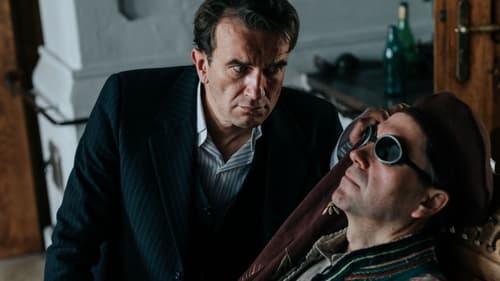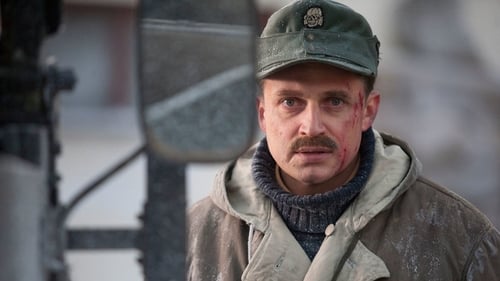
Obersturmbannführer Bischoff
아우슈비츠 사령관 루돌프 회스 부부가 수용소 옆의 집과 정원에서 가족들의 꿈의 삶을 구축하기 위해 노력한다.

Gendarme Johann
Tadeusz Boy-Żeleński, Witkacy, Joseph Conrad and Bronisław Malinowski, four leading figures among the Zakopane bohemians, wake up after an all-night drunken party. Their hangover headaches are killing them, none of them remembers anything, and finding the corpse of a male stranger on the floor doesn’t help.

Karl
폴란드의 전설적인 갱스터 니코뎀 `니코시` 스코타르차크의 성공과 몰락이라는 실화를 바탕으로 한 극영화

Robin
A death in the family draws forensic scientist Dr. Viktoria Wex back from Berlin to her childhood home in Poland. But this is not the only reason for her return: Haunted by the recent murder of her husband Felix, Victoria is determined to find out who killed him and why.

esesman w szpitalu
The cinema war-action movie takes place partly during WWII and partly in 1975 in Spain. The main characters: agent Capt. Hans Kloss and Herman Bruner, want to find the stolen treasure, putting their lives at stake.

Marcin

Dyksutant
The unusual bond between a blind female writer and an acclaimed poet changes their lives and forms an exceptional creative cooperation, free of politics and the complexities of mundane life.

Protokolant porucznik Ryszard Czarkowski
Captain Witold Pilecki was a Polish intelligence officer during WWII who volunteered for a Polish resistance operation to get imprisoned in the German Nazi Concentration and Extermination Camp Auschwitz-Birkenau in order to gather intelligence and enable the Polish government-in-exile to inform the allies about the ongoing Holocaust in occupied Poland. The film also tells the story of Witold Pilecki’s fate at the hands of the Communist government after the end of WWII. The film is a reconstruction of the trial which took place in Warsaw during the communist regime in Poland. Captain Pilecki described his investigation as more cruel than his stay at Auschwitz.




